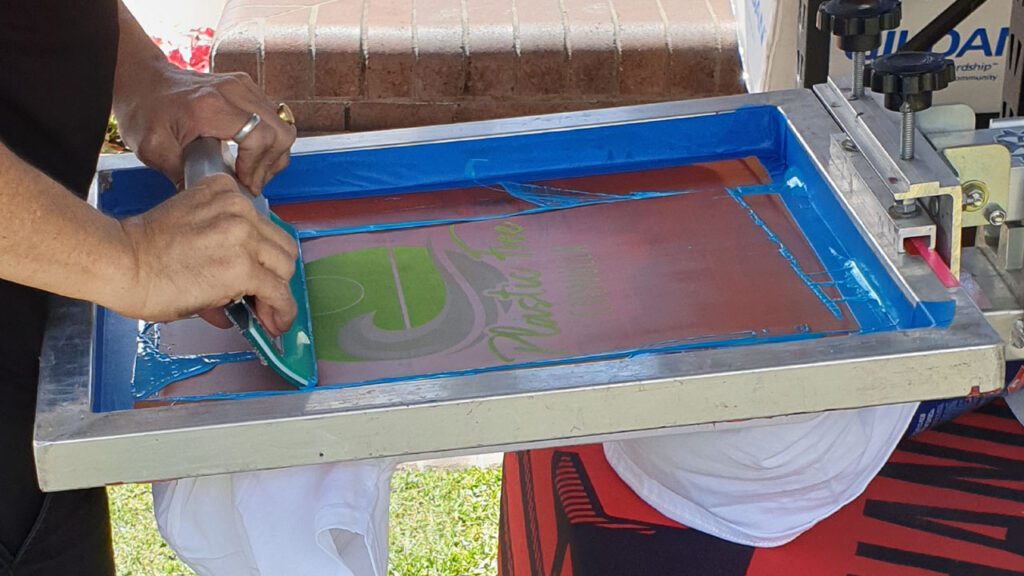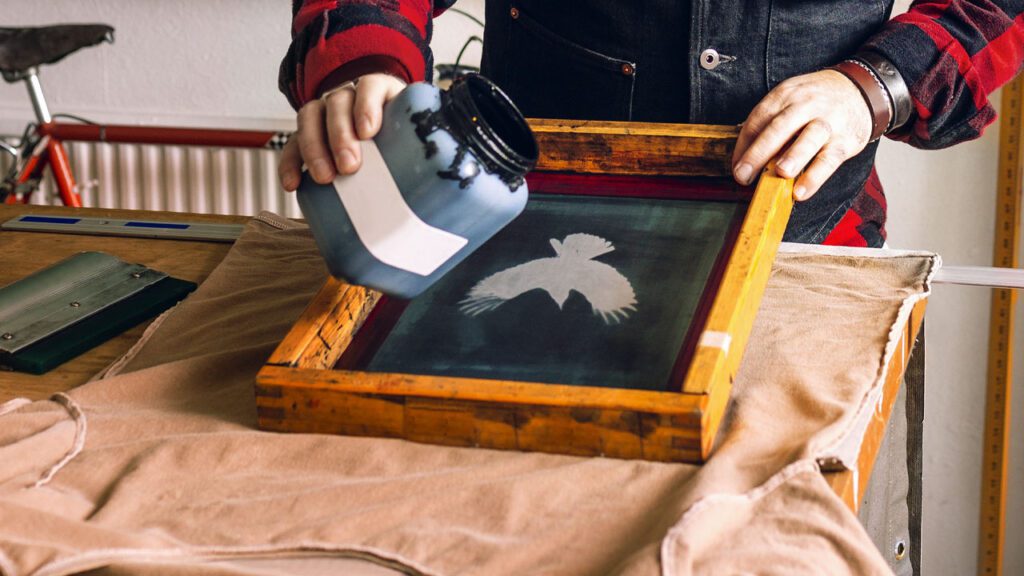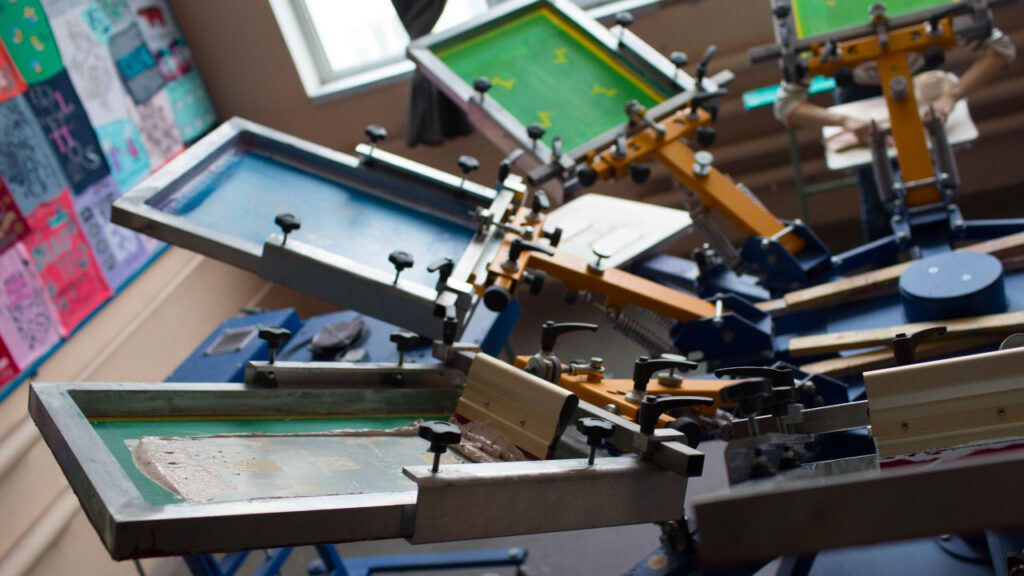The choice of screen printing frame material is a crucial decision that can significantly impact the quality, longevity, and overall performance of the printing process. When comparing aluminum vs wood, the two primary materials used for screen printing frames, each offers distinct advantages. This article explores the characteristics of aluminum vs wood frames, providing insights to help screen printers make informed decisions.

Screen Printing Aluminum Frames
Aluminum frames have become a popular choice in the screen printing industry due to their durability, stability, and versatility. These frames are typically constructed from extruded aluminum, providing a lightweight yet robust structure. The rigidity of aluminum frames ensures consistent tension across the mesh, contributing to precise registration and high-quality prints. Additionally, aluminum frames are resistant to warping and are less prone to environmental factors, making them suitable for long-term use. Their resistance to corrosion is another key advantage, making them ideal for water-based and solvent-based ink applications.

Screen Printing Wood Frames
Wood frames, traditionally crafted from materials like pine or birch, have been a longstanding option in screen printing. Wood frames are valued for their affordability, making them a preferred choice for beginners or smaller print shops. They are also relatively easy to repair and re-stretch if needed. However, wood frames are more susceptible to changes in humidity and temperature, which can lead to warping or changes in tension over time. Additionally, they may not be as well-suited for high-tension applications, limiting their use in certain screen printing scenarios.
Durability Of Aluminum vs Wood Frames
Aluminum frames are known for their durability and resistance to warping, providing stable tension for consistent print quality. Wood frames, while cost-effective, may require more frequent maintenance and are susceptible to changes in environmental conditions.
Weight Of Aluminum vs Wood Frames
Aluminum frames are lightweight and easy to handle, making them convenient for setup and storage. Wood frames, being denser, can be heavier and may require more effort during handling and transportation.
Corrosion Resistance Of Aluminum vs Wood Frames
Aluminum frames are resistant to corrosion and environmental changes, making them suitable for a variety of inks and printing conditions. Wood frames are more prone to environmental influences, requiring careful monitoring and maintenance.
Long-Term Cost Of Aluminum vs Wood Frames
While aluminum frames may have a higher upfront cost, their durability and longevity often result in lower long-term expenses compared to wood frames that may require more frequent replacement or maintenance.

Conclusion
Choosing between aluminum and wood screen printing frames ultimately depends on the specific needs, budget constraints, and preferences of the screen printer. Aluminum frames offer durability, stability, and resistance to environmental factors, making them a reliable choice for high-quality and long-term use. Wood frames, on the other hand, provide a cost-effective option for those with budget considerations, especially in smaller-scale or hobbyist settings. By carefully weighing the advantages and considerations of each material, screen printers can make informed decisions to enhance their craft and achieve optimal results in the dynamic world of screen printing.
- Screen Printing: Understanding The Impact Of Mesh Counts
- Screen Printing: The Advantages Of Newman Roller Frames
- Screen Printing: Navigating The Spectrum Of Frame Sizes
- Quality vs Cost: Make Your Next Embroidery Machine A Wise Investment
- Top 5 Embroidery Machine Factors To Consider When Buying Equipment
- DTF Printing: How To Choose The Right Printer & Dryer
- DTF Printing: A Beginners Guide To Production Setup
- T-Shirt Dye Sublimation Printing With Rob Super
- 15 Must-Have Screen Printing Website Features
- The Staying Power Of Athleisure In The Apparel Decoration Industry




